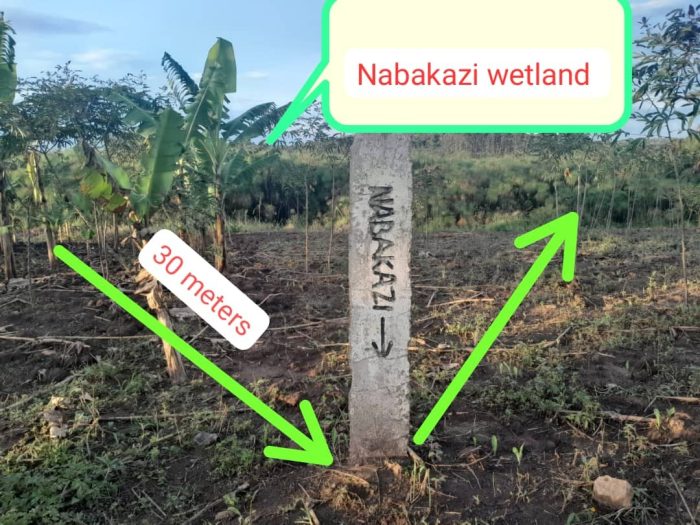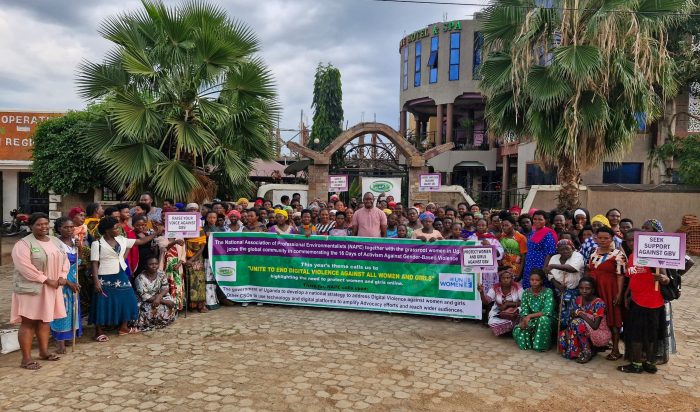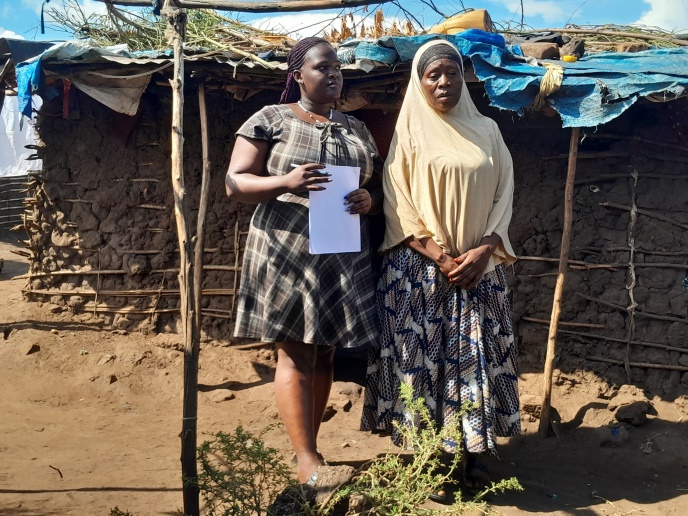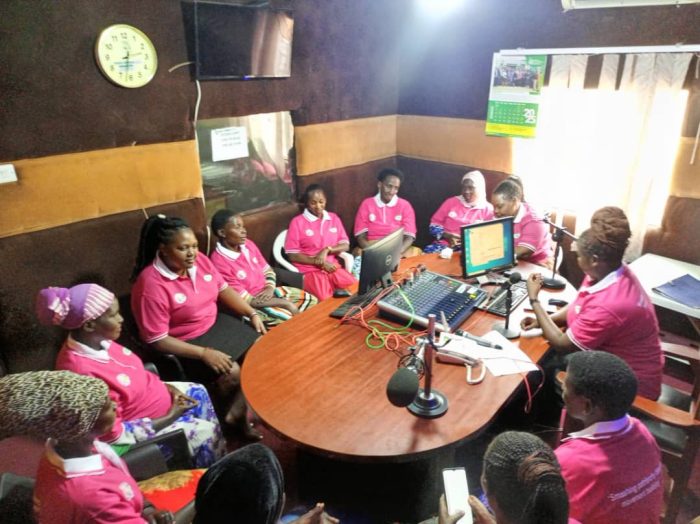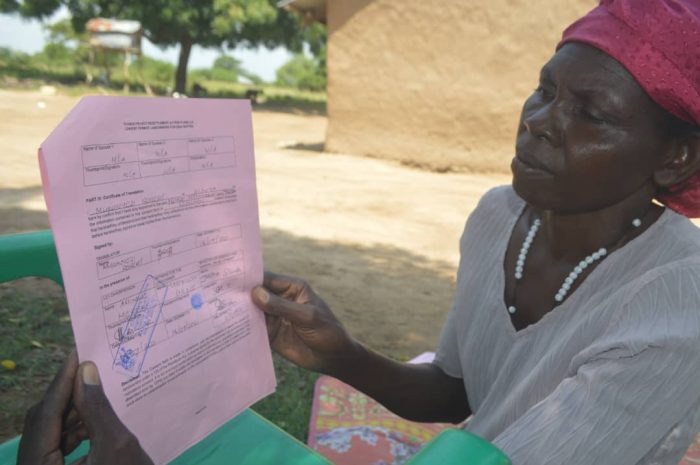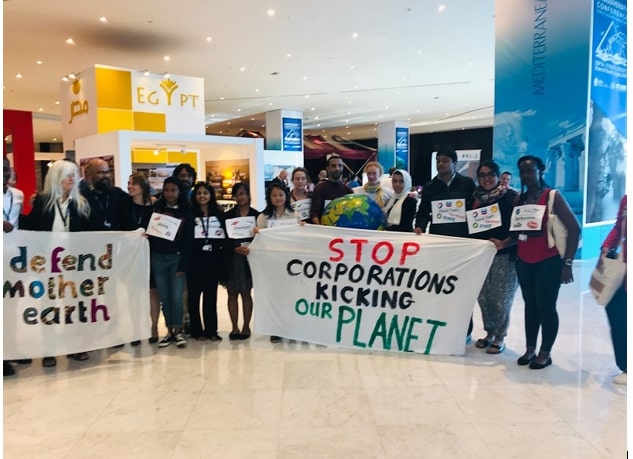
The UN Biodiversity Conference will be held from 13 – 29 November 2018 in Sharm El-Sheikh, Egypt. The Conference of the Parties is the governing body of the Convention, and advances implementation of the Convention through the decisions it takes at its periodic meetings.
The UN Biodiversity Conference includes the meetings of the governing bodies of the Convention on Biological Diversity and its protocols as well a number of parallel fora and summit meetings. It comprises the 14th meeting of the Conference of the Parties to the Convention on Biological Diversity, the ninth meeting of the Parties to the Cartagena Protocol on biosafety and the third meeting of the Parties to the Nagoya Protocol on access and benefit sharing, as well as the high-level segment of these meetings.
In addition, on the margins of the UN Biodiversity Conference, pledges and commitments in support of the Strategic Plan for Biodiversity 2011-2020 will be made by governments, business, NGOs and intergovernmental organizations, cities and subnational authorities, indigenous peoples and local communities, youth and civil society.
The United Nations will call on decision makers from more than 190 countries to step up efforts to halt the biodiversity loss and protect the ecosystems that support food and water security and health for billions of people.
During the conference, the Secretariat of the UN Convention on Biological Diversity (CBD), Egypt and China have launched an action agenda for nature and people to catalyze actions in support of biodiversity conservation and its sustainable use. The agenda aims to support achievement of the CBD’s Vision of Living in Harmony with Nature by 2050.
Conceived as a practical tool for translating the principles of Agenda 21 into reality, the Convention recognizes that biological diversity is about more than plants, animals and microorganisms and their ecosystems – it is about people and our need for food security, medicines, fresh air and water, shelter, and a clean and healthy environment in which to live. However, this is not the case today. Multinational companies, backed by some elites from developing countries including some African nations are destroying our only planet, threatening lives of millions.

